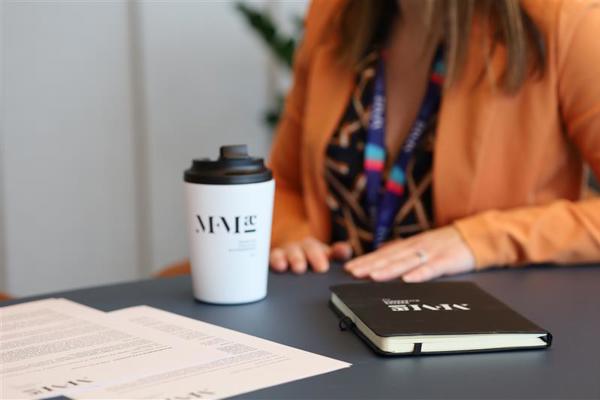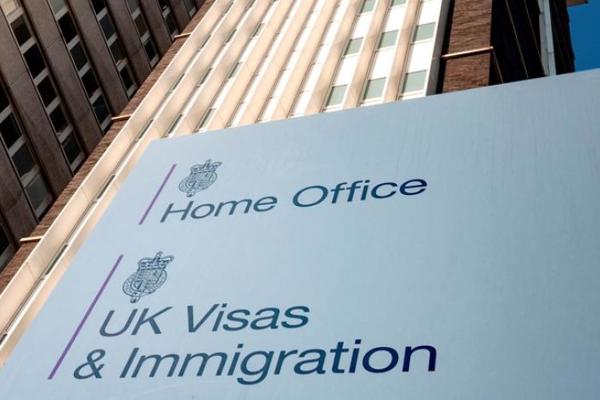I should explain that this wasn't prompted by me, we were sat waiting to go through passport control on our way to a family holiday and she asked why it was taking so long. I explained that the people who worked at the port had to check everyone's passport and make sure they had the right pieces of paper to travel to another country, and this led to another question and so on.
I had to explain that it's not as simple as having a passport in order to travel. Some nationalities can go to countries as visitors with just a passport, but some people need more documents: and that's where I help to make sure they get it right when they're coming to the UK.
Over the years I've had to answer variations of my daughter's next question a lot, "Is it the same for every country?" and the answer is no, which is why I only deal with people moving to the UK. The UK system is complex enough to keep me busy without having to think about other immigration systems.
While a lot of people see the immigration process as simply a case of filling in a form, it is considerably more complicated than that. The UK has a number of different visa types: family visas, ancestral visas, work visas, temporary visa, student visas and visitor visas and then each category has a number of subcategories. So, the first job I have with any new client is to work out the best category for them now, but also with a view to their long-term goals. Someone might be able to get a temporary work visa quickly, but if they want to live in the UK long term it won't work for them. In order to select the best route, I need to understand someone's circumstances and goals, and also understand how the different visa categories interact with each other.
Each subcategory has its own rules, so I need to make sure that someone understands these and is able to provide the right supporting evidence for their application. For example, the type of visa someone is applying for will determine the type of English language test they need to sit or whether they need to provide financial evidence. If someone provides the wrong evidence, they will get a visa refusal and will need to go back to the start of the process all over again.
Even something that seems simple, such as coming to the UK as a visitor, can be complicated. Someone has to show that they actually intend to leave the UK at the end of their visit, and they have enough money to support themselves while they are here. We also need to make sure that they aren't coming to do anything that a visitor can't do under the Immigration Rules, for example work for a few days.
And, if things go wrong, our role is to help fix things. Sometimes this means representing someone before an immigration tribunal and arguing the Home Office decision was wrong, but on other occasions we can find a quicker solution that doesn't involve the stress of a tribunal.
In truth, a good immigration lawyer does a lot more than fill in visa forms. Our job is to help people minimise the stress and hassle of moving countries and give them a clear understanding of what they need to do in the future to avoid issues.
I'd love to end this blog with a LinkedIn style boast about how, after hearing what I do for a living, my daughter said she wanted to be an immigration lawyer too…but she just wanted to know if it was time to get on the ferry and what would be for tea.
If you want to know how our team of UK immigration experts can help with your move to the UK then please get in touch.


